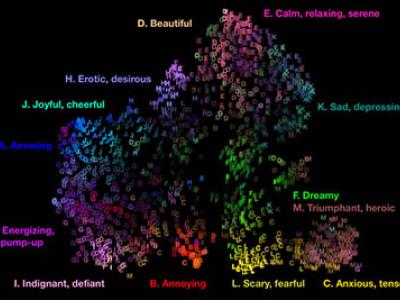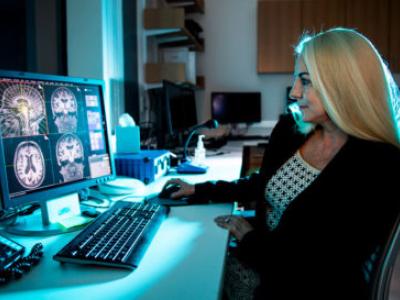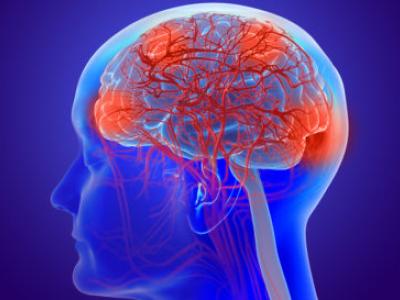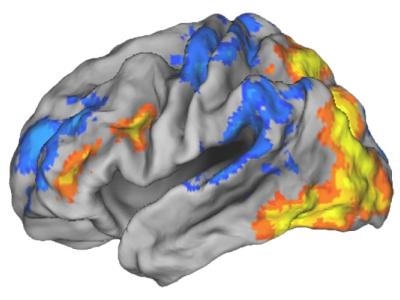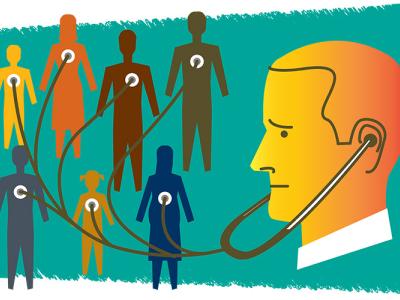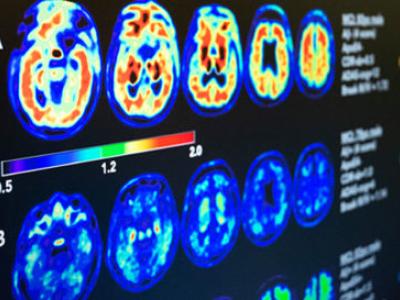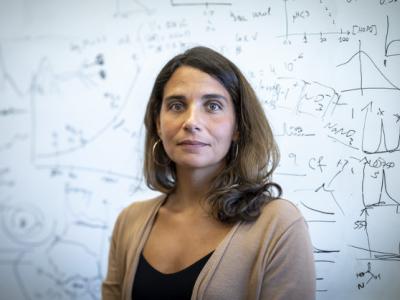Ooh là là! Music evokes at least 13 emotions. Scientists have mapped them
UC Berkeley scientists have surveyed more than 2,500 people in the United States and China about their emotional responses to thousands of other songs from genres including rock, folk, jazz, classical, marching band, experimental and heavy metal. The upshot? The subjective experience of music across cultures can be mapped within at least 13 overarching feelings: Amusement, joy, eroticism, beauty, relaxation, sadness, dreaminess, triumph, anxiety, scariness, annoyance, defiance, and feeling pumped up.

